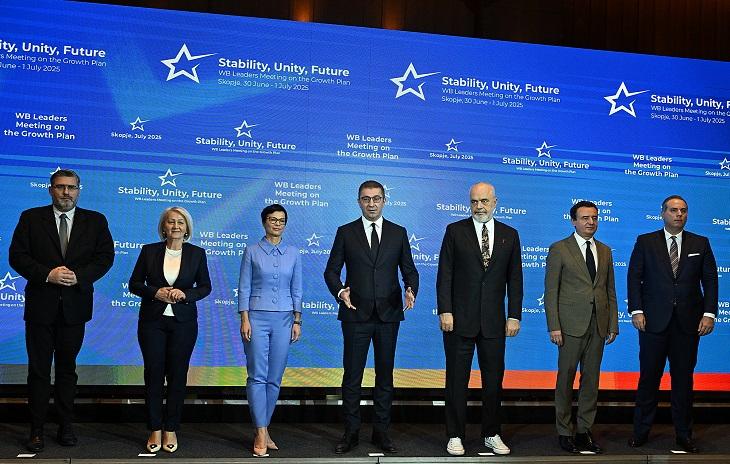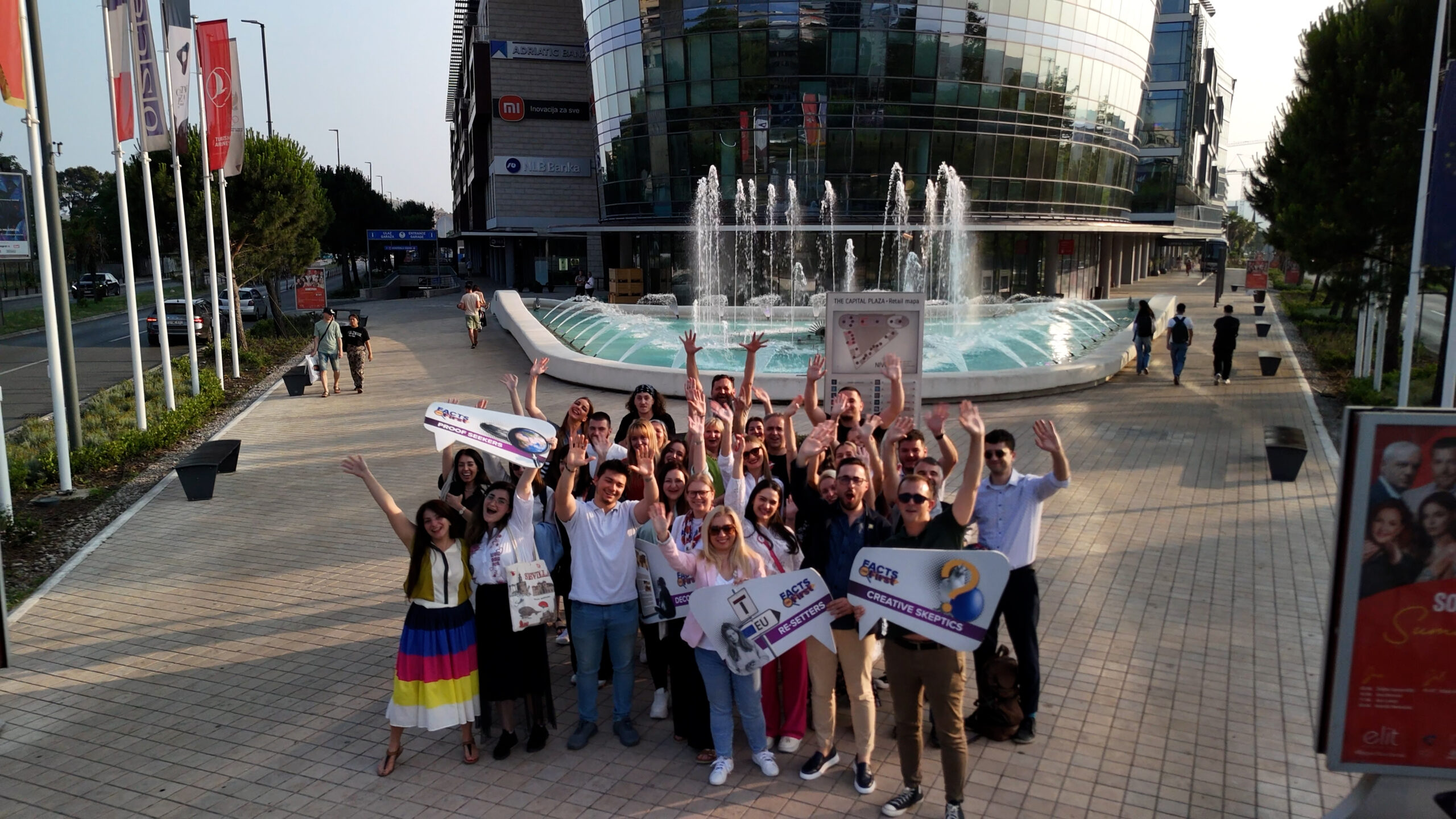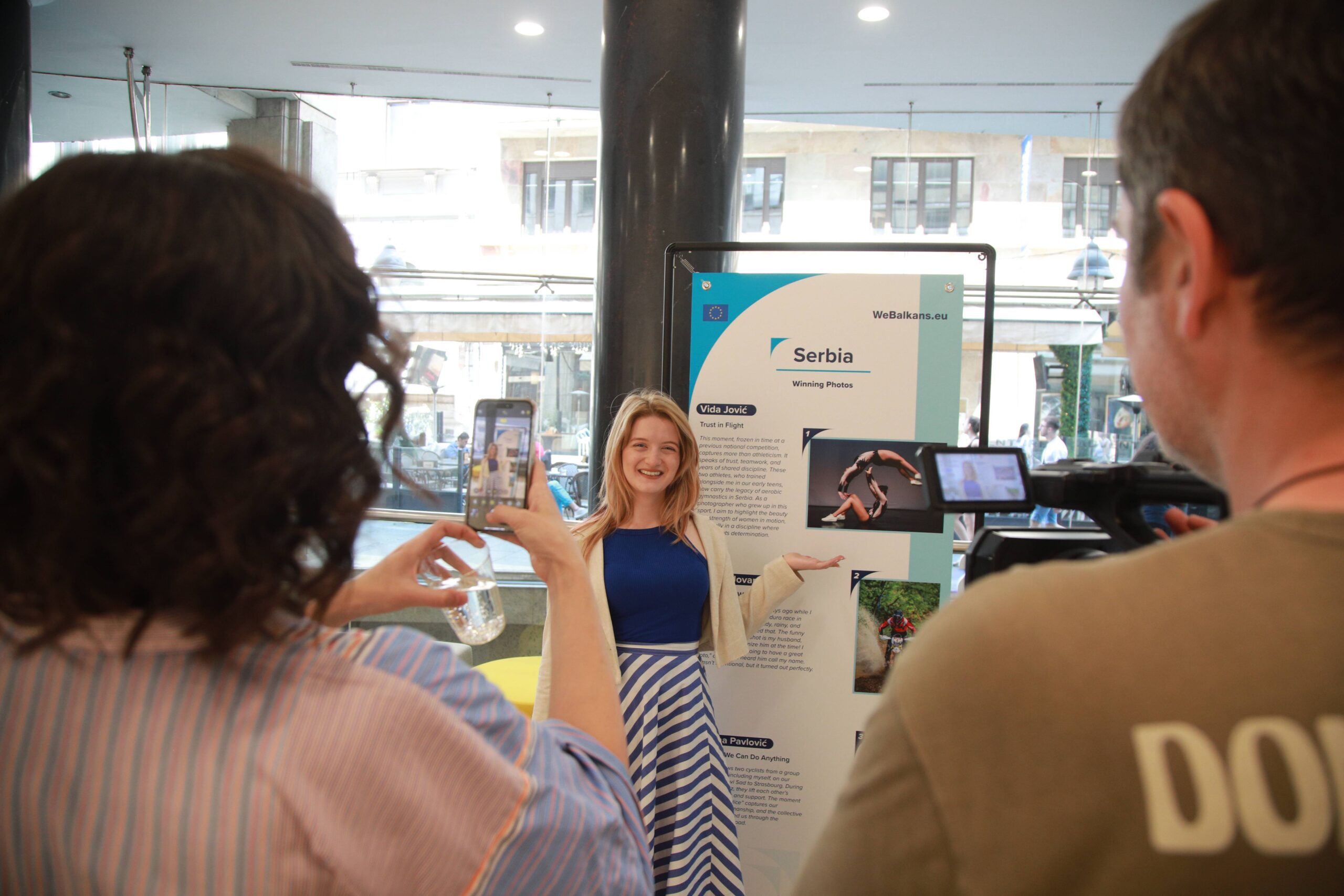Removing barriers to rail transport in Western Balkans
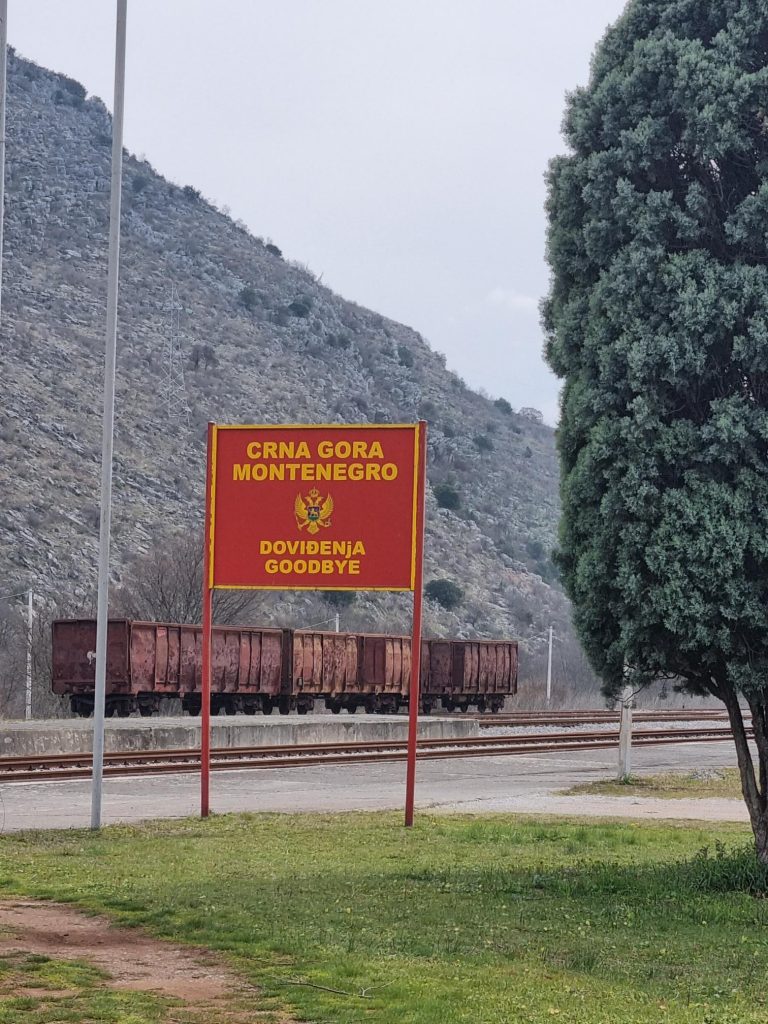
Removing barriers to rail transport in Western Balkans
Around 110 participants from the six Western Balkan partners took part in a hybrid TAIEX regional workshop in Montenegro from 7-8 March, focused on improving transport flows on railway border crossing points.
The Technical Assistance and Information Exchange (TAIEX) scheme offers peer-to-peer technical assistance and policy support from public specialists based in EU Member States to regional partners in the Western Balkans. Through TAIEX, the EU and public administrations in the region work together to create a better business environment.
Over the two days, experts from three EU Member States – Estonia, Poland and Romania – shared their experience and knowledge of relevant EU legislation and customs control procedures with representatives from ministries of transport and interior as well as customs and rail authorities
Only 5% of trade between Western Balkans and EU is transported by rail, with an overwhelming 95% transported by road. Rail freight emits far less CO2 than equivalent road transport. To achieve climate neutrality by 2050, a 90% decrease[1] in greenhouse gas emissions from transport will be necessary.
Average CO2 emissions by motorised mode of freight transport, EU-27, 2018
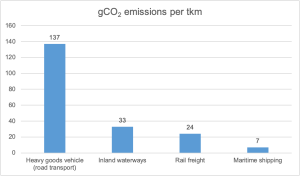
Source: Fraunhofer ISI and CE Delft for the European Environment Agency, 2020
Note: tkm = tonne kilometre
The Western Balkans also has an important role to play in the global value chains that supply the EU, and vice versa. Improving the efficiency of rail transport is therefore not only important for the environment and climate targets, but also for integrating the Western Balkans Common Regional Market into the European single market.
Organised in cooperation with the Ministry of Capital Investments of Montenegro, the Transport Community and the Central European Free Trade Agreement secretariat, the workshop covered the EU legal framework, necessary infrastructure upgrades and practical application of management principles, including the introduction of efficiency assessment tools. The project involved a site visit to a joint rail freight border crossing point in Tuzi, Montenegro – on the border with Albania.
Following positive participant feedback, TAIEX will organise additional assistance targeting individual partners in the region – to further support progress in regulatory reform and implementation on the ground.
[1] Compared to 1990 levels
Source: European Commission
Photo credits: European Commission
